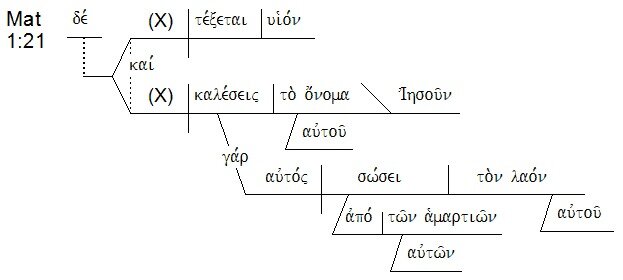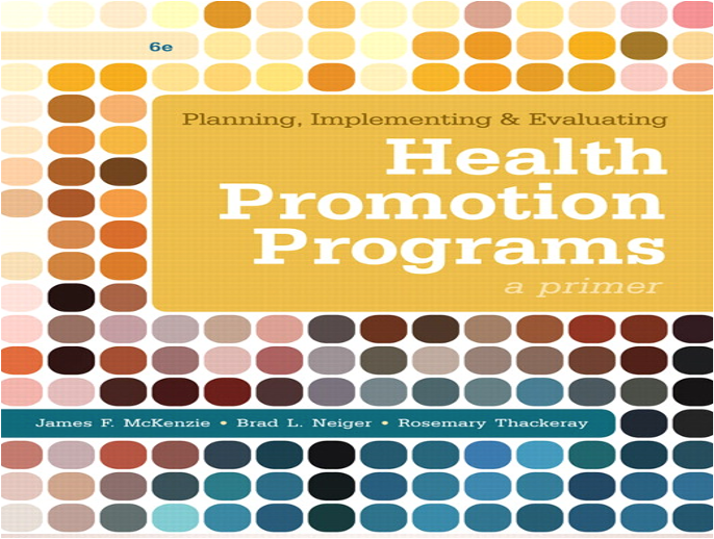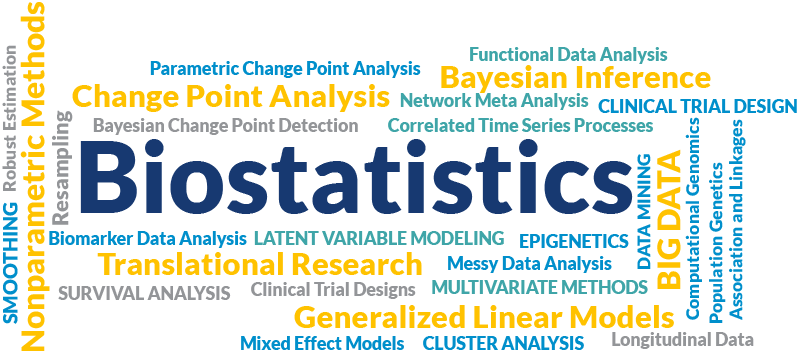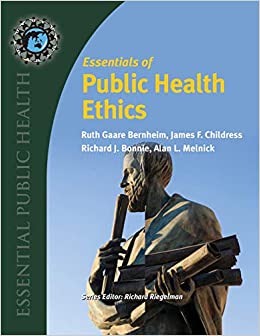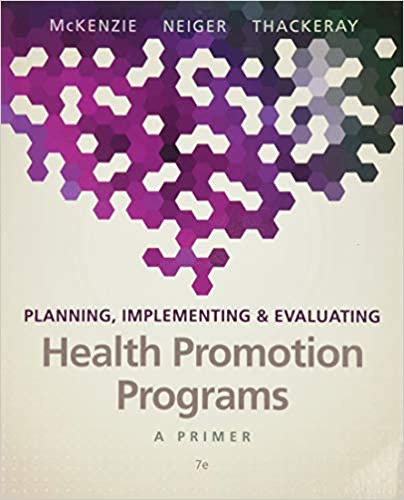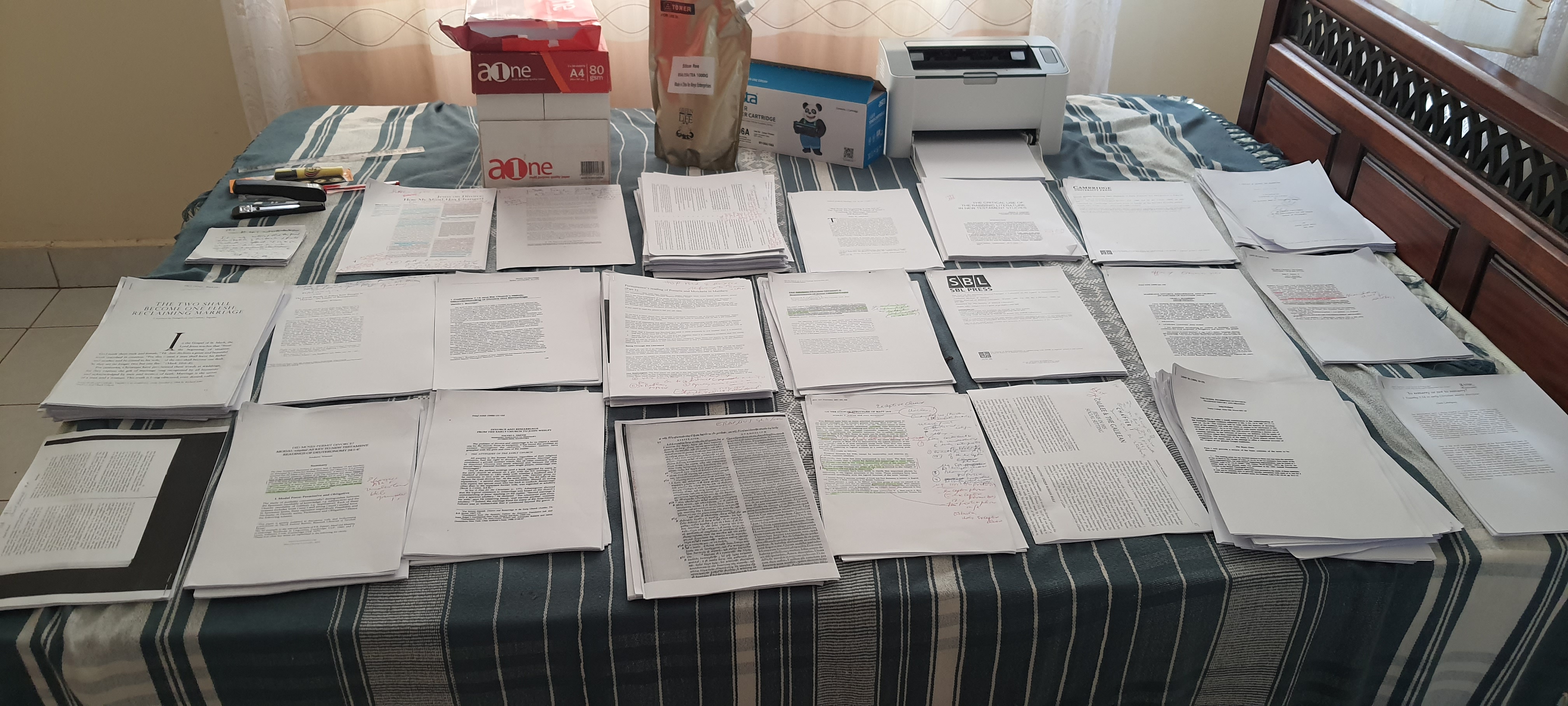קורסים זמינים

CHAP 695 CHAPLAINCY THESIS - 2023
Hello First Borns,
Use this forum as well to check the similarity index of your work.

ACSP 608 Seminars on Trends in Computing and Technology- 2022
This course seeks to expose the students to the current trends in computing and technology, considering the practices in industry as well as the research aspect. The main goal of the course is to first help the student to choose an area for their future profession and research work, and second to enable the students to keep abreast with the ongoing trends in research and technological advancement in Computer Science. The topics covered will vary depending on current reliable survey on the trends. Then 10 top trends in computing and technology will be selected.

CHMN 638: Church Growth and Spiritual Nurture - MAPTh / MDIV 2024
WELCOME AND INTRODUCTION
CHMN 638 DATES / WEEKS FOR COURSE SESSIONS
CHURCH GROWERS AND SPIRITUAL NURTURERS, WELCOME!
Welcome to the Online course CHMN 638 CHURCH GROWTH AND SPIRITUAL NURTURE! We are glad you could join us for these two weeks of an awesome church growth and spiritual nurture transformational academic journey.
For long, church growth has been understood to mean increasing numbers of church members added to the congregations. Afterall, in Acts 2: 41-47 (NKJV), three thousand souls were added to them . . .” (v. 41) and, that is excellent! But is that all there is to church growth? Have we thought of how these huge numbers were attained? Think of the Holy Spirit, the fellowship, the breaking of the bread, the prayers, the wonders and signs that were done through the apostles, the unity, the community, the sharing, the harmony, the joy, the praise of God, and the Hand of the Lord God through the power of the Holy Spirit.
See, it is easier to focus on the numbers more than the essentials and qualities that led to those figures. Well, this course is developed to help us to have a balanced perception of numbers and the seemingly forgotten aspect of Spiritual Nurture. With this important tool, “the Lord added to the church daily those who were being saved” (v. 47).
The current focus on baptisms, membership retention, revival, and total membership involvement is crucial as we fulfill the “I WILL GO” Global Theme of the General Conference of the Seventh-day Adventist Church. However, have we paused to reflect on the implications? While the increasing number of members joining the church is encouraging, the rising number of those leaving (attrition) is equally concerning. How can we address this issue?
This course aims to provide students with a transformative perspective to tackle a challenge faced by nearly every church: Spiritual Nurture and Quality Discipleship.
In this course, we will explore and deepen our understanding of God's command to make disciples. This shift in focus will guide us move beyond mere records and numbers, leading us toward fostering spiritual growth and developing quality disciples of with a high spiritual nurturing tool, who, in turn, make disciples—continuing the cycle of discipleship.
No. of baptisms, membership retention, revival, and total membership involvement (important as they are) are the current emphasis as we fulfill the “I WILL GO” General Conference of the Seventh-day Adventist Church’s Global Theme. But have we taken a moment to think about it? The number of members joining the church (ascension) may be exciting but equally disconcerting, is the growing number of those the church is losing (attrition). So, how can we resolve this difficulty?
It is the purpose of this course to give the student a transforming perspective which will help resolve the challenge that almost every other church is facing: Discipleship!
It is in this course that we will examine and learn more of God’s command to make disciples. This will help us not only shift from focusing on records and numbers but also move towards spiritual growth and the incremental number of quality disciples who make disciples who make disciples . . .
Your first task in this course is to familiarize yourself with the requirements and schedule for the next two weeks. The course outline will be your guide for this. Please download it and review it thoroughly, ensuring you understand all expectations and requirements.
If you have any questions about the course content, feel free to email me. For technical issues, such as accessing links or pages, downloading, uploading, etc., please contact our Technical Support team at onlinetechsupport@aua.ac.ke. They are available to assist you promptly with any difficulties you may encounter.
We hope you enjoy the innovative learning experiences ahead as you grow your church through spiritual nurturing and mobilizing it into mission.
Best regards,
Olaotse O. Gabasiane, PhD
Senior Lecturer, Applied Theology Department
Adventist University of Africa
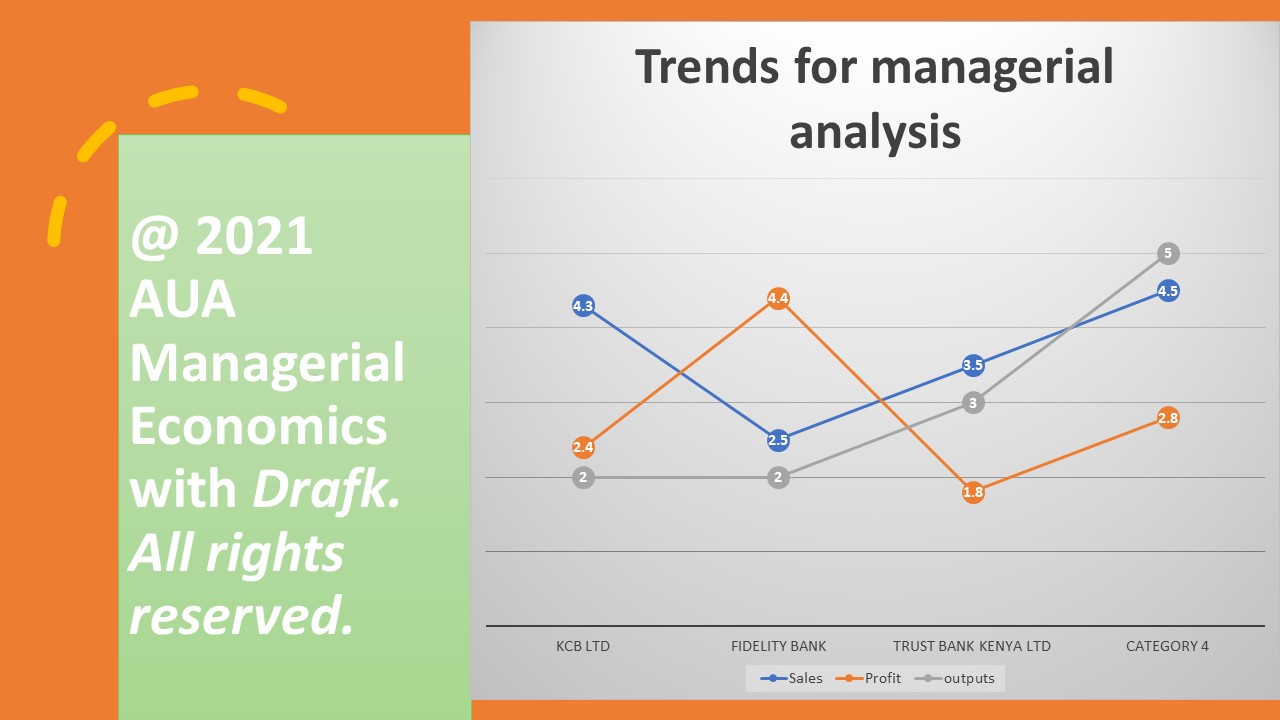
ECON 610 Managerial Economics
The course incorporates a basic understanding of economic theory and analytical tools that can be used in decision-making problems with advanced quantitative techniques used by successful business organizations. It also deals with the application of economic theory and methodology to managerial decision-making (see AUA Academic Bulletin).
- [Prerequisites: Principles of Microeconomics and Statistics].
Revision of previous learning in microeconomics course/paper would be extremely useful. Again, knowledge in basic calculus and statistics are required to make use of the quantitative approaches.
- Course Objective: The paper is designed to equip both current and future managers with managerial decision-making tools and problem-solving skills that rely on economic theory and its application to real-world everyday managerial problems. The genre is embedded in microeconomic theory and analytical tools applicable to managerial economic decisions. Key concepts to explore include constraint optimization problems demand estimation and analysis and forecasting using regression analysis, production and cost analysis, pricing and output decision.
